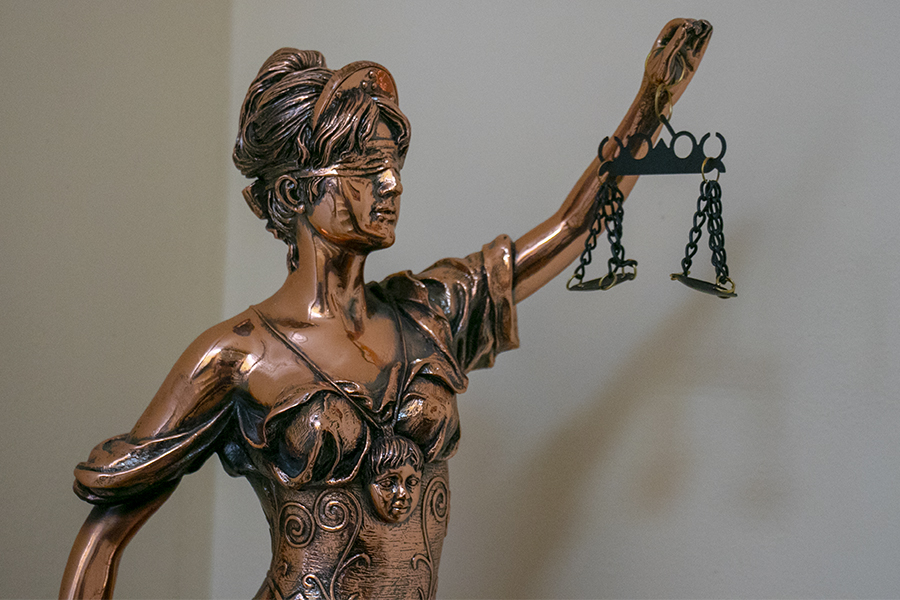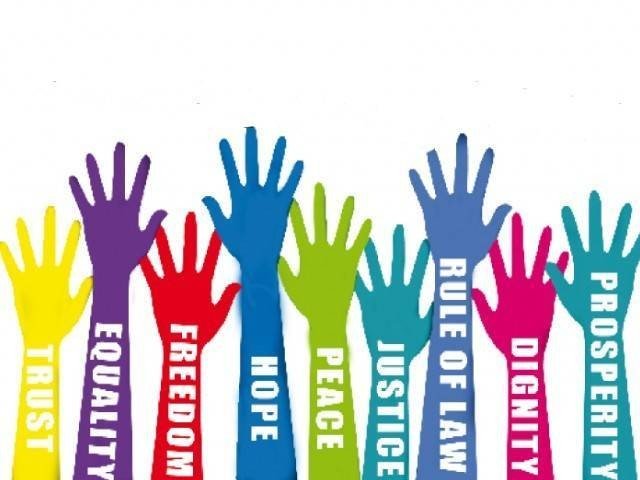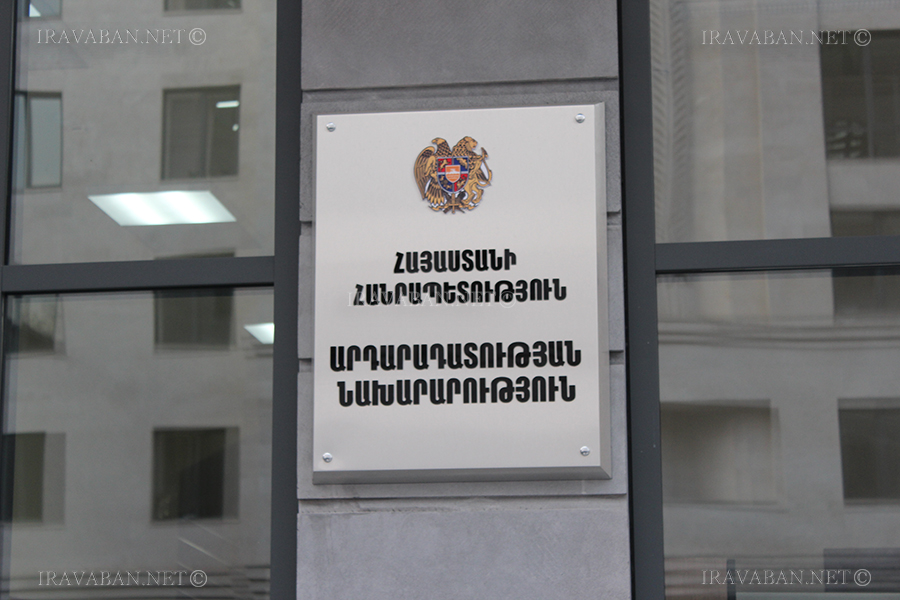
The Constitution of the Republic of Armenia stipulates that all people have equal rights; and those rights are inalienable, regardless of the type of right, place of residence, ethnic or social origin, nationality or religion.
A state with democratic order has a positive responsibility to guarantee, ensure and protect the human and civil rights and freedoms of the individual. In order to achieve that goal, certain efforts are undertaken through the joint work of all public bodies of the Republic of Armenia. On 26 December, 2019, the Government of the Republic of Armenia, by Decision No. 1978-L, approved the National Strategy for the Protection of Human Rights and Deriving Action Plan for 2020-2022. This strategic planning is based on the legal norms defined by both the RA Constitution and international law, and the sober and comprehensive assessment of the current situation in the field of human rights in the RA.
During its existence, the Republic of Armenia has ratified a number of significant international treaties in the field of human rights protection. Accordingly, the Republic of Armenia has undertaken international obligations in the field of human rights. On the basis of the mentioned obligations, the state policy in the field of human rights protection has been developed and will be implemented.
For the implementation of the goals and objectives of the adopted National Strategy for the Protection of Human Rights, concrete measures with measurable results are planned, which should be reflected in the relevant Action Plans with at least two stages of implementation.
Implementation, Accountability, Evaluation and Monitoring of the Strategy and Action Plan
 Thus, within the framework of the adopted strategy, a number of sectoral rights have been highlighted out, in which it is envisaged to implement action plans for 2020-2022.
Thus, within the framework of the adopted strategy, a number of sectoral rights have been highlighted out, in which it is envisaged to implement action plans for 2020-2022.
These include: Right to Life, Prohibition of Tortures, Right to Fair Trial, Equality of Rights, Non- Discrimination, Right to Health, Freedom of Assembly, Right to Education, Freedom of Expression an Opinion, Right to Property, Right to Employment, Right to Social Security, The right to Minimal Living Conditions, Rights of the Child, Freedom of Economic Activity, Strategic Communication.
Within the framework of the actions defined in relation to the mentioned rights, it is also envisaged to define the concepts in some cases. The measures envisaged by the strategy under discussion and the resulting action plans are implemented through complementary, coordinated activities of the relevant responsible and coordinating bodies.
Responsible entity is the body that ensures the full implementation of a specific action and will submit a final report
Co-implementing body is the body that, within a reasonable time, assists the responsible body in carrying out the action. The co-implementing authority will provide information to the responsible public body for each measure set forth in the action plan at least one month before the report submission deadline
According to the action plan, the public authority in charge of each item of the action plan will submit a report to the Ministry of Justice and to the staff of the Prime Minister within 10 working days or business days following the end of the half-year.
Within 10 days following the end of each year, the responsible bodies will submit to the Ministry of Justice and the staff of the Prime Minister annual reports that will be summarized by the Ministry of Justice within a period of one month, discussed with the Coordinating Council and published upon approval on the Ministry’s website and the shared on the electronic platform in the form of a summary annual report. By September 30th of the last year of the action plan, the responsible bodies submit final reports on the implementation of the measures to the Ministry of Justice and the Prime Minister’s Office.
It is noteworthy that both at the stage of elaborating the action plan and submitting reports, the non-governmental and international organizations, foreign diplomatic missions in Armenia and other individuals may submit observations and reports regarding the implementation of the action plans. Like the reports, they are submitted to the Ministry of Justice, which shall post them on the electronic platform within 10 days.
According to the Action Plans, a Coordinating Council is created to coordinate and monitor the efficient implementation of the Strategy and its action plan. The main task of the Council is to coordinate the actions resulting from this Strategy, to monitor and contribute their progress.
The Council is composed of the following representatives of the public administration bodies:
Тhe Minister of Justice (President of the Council), the Deputy Minister of Justice (Secretary of the Council, program coordinator), the Deputy Minister of Labor and Social Affairs, the Deputy Minister of Health, the Deputy Minister of Emergency Situations, the Deputy Minister of Foreign Affairs, the Deputy Minister of High-Tech Industry, the Deputy Minister of Economy, the Deputy Minister of Education, Science, Culture and Sport, the Deputy Minister of Defense, the Deputy Minister of Territorial Administration and Infrastructure, the Deputy Minister of Finance, Deputy Minister of Environment, the Human Rights Defender or Head of the Staff of the Human Rights Defender’s Office (with consent thereof), the Deputy Chief of Police, the Deputy Prosecutor General (with the consent thereof), the Deputy Head of the Investigative Committee (with the consent thereof), the Deputy Head of the Special Investigation Service (with the consent thereof), the representative of the Security Council office (with the consent thereof), the Deputy Mayor of Yerevan (with consent thereof), the representative of the Republic of Armenia in the European Court of Human Rights, the Head of the Office of High Commissioner for Diaspora Affairs of the Office of the Prime Minister and optionally MPs who are members of the Standing Committee on Protection of Human Rights and Public Affairs of the National Assembly – one MP from every faction represented at the National Assembly: and seven representatives of the civil society organizations. According to the Strategy the Council will be formed irrespective of the participation of the civil society organizations in its composition.
Within five days from the closure of each session of the Council, the information on issues discussed will become accessible on the relevant electronic platform and will be made public on the website of the Ministry of Justice – www.moj.am.
This publication has been produced in the scope of the “Promoting Direct Democracy for Strengthening Human Rights in Armenia” project implemented in the framework of the “Eastern Partnership Civil Society Facility” project funded by the European Union.
The contents of this publication are the sole responsibility of the fellow for the “Promoting Direct Democracy for Strengthening of Human Rights in Armenia” project and do not necessarily reflect the opinion of the European Union.
